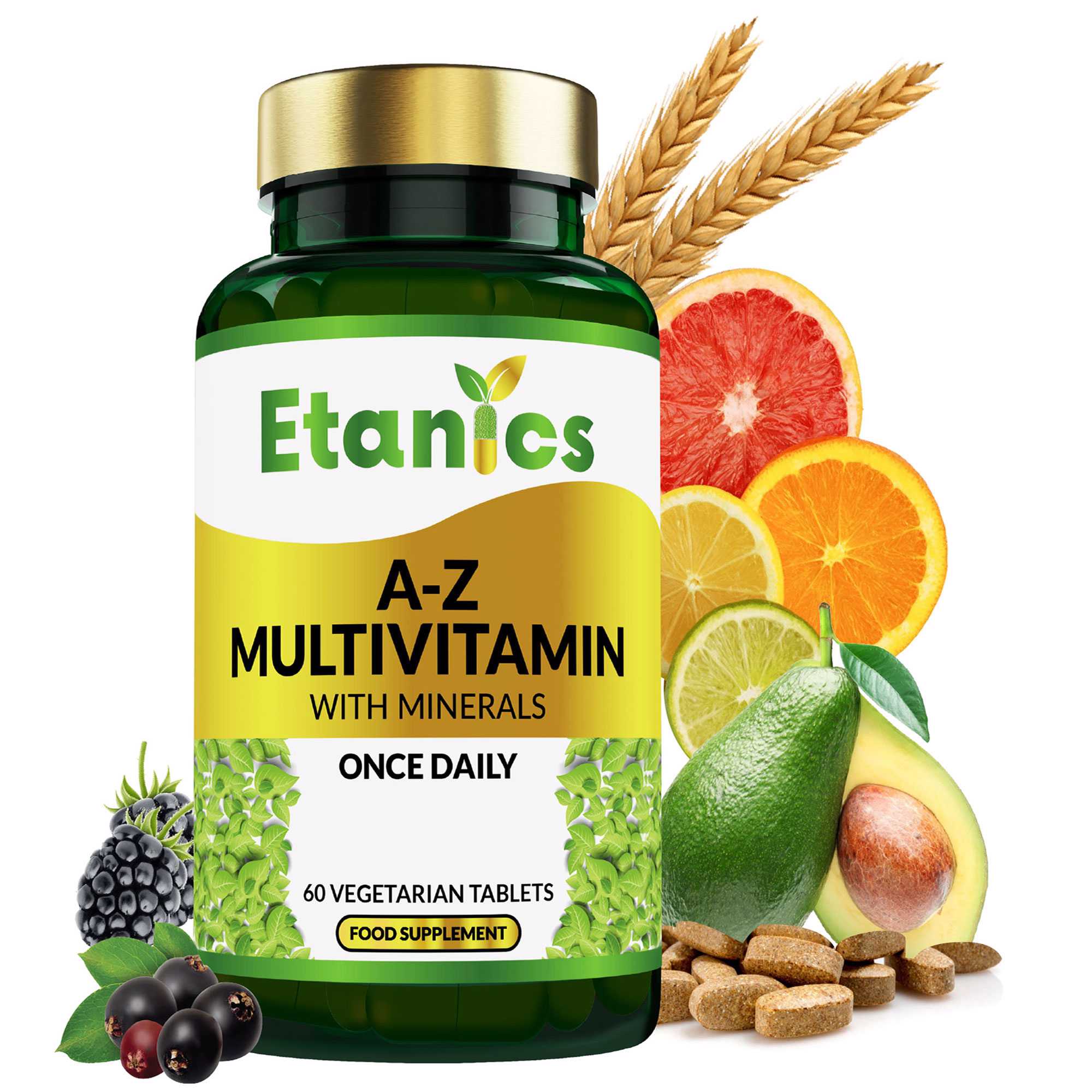Well-being can be defined as a state of being comfortable, healthy, or happy. Here are some factors to consider.
Eating Well
Poor eating habits make it really difficult for the body to obtain essential nutrients. For example, while 24 percent of the general population in the UK has vitamin D deficiency, the percentage reaches a whopping 80 to 90 percent in obese individuals (1) (2). Similarly, deficiencies of other vitamins and minerals are also rampant. As a result, “you are what you eat” is more accurate than ever because of the modern diet. And to achieve healthy living and well-being, you first must improve your eating habits. Some of the essential components of a healthy diet include:- Carbohydrates: While simple carbohydrates are an excellent energy source, complex ones are crucial for optimal bowel health. Make sure that roughly 60 percent of your three-meal diet consists of carbohydrates.
- Proteins: Nearly 25 percent of your daily calories should come from protein, including lean meat, pulses, beans, and dairy products.
- Vitamins: Vitamin deficiencies, including vitamin D, B6, B12, and folic acid, are extremely common, affecting billions of people worldwide (3). However, a balanced diet can easily treat as well as prevent most vitamin deficiencies.
- Fats: Although fats are notorious for their adverse health effects these days, they are an essential energy source and must constitute about 20 to 30 percent of your daily caloric needs. In addition, some fats like omega-three fatty acids are essential nutrients that must be supplied in the diet.
- Water: While drinking water seems a no-brainer, research suggests that more than 75 percent of the general population is chronically dehydrated (4) (5). To enjoy a healthy lifestyle, you should aim to drink at least two to three litres of water daily.
Exercise
Regular physical activity is one of the most important things you can do to improve your health and well-being. Exercise is defined as any activity that makes your muscles work and burn calories. You can choose from a wide variety of physical activities, including running, walking, cycling, swimming, mountain climbing, and tennis or basketball playing, to name a few. Exercise is essential for many reasons. Besides improving your physical strength and endurance, exercise helps you lose weight, prevent diseases and reduce pain. In addition, physical activity has many beneficial effects on your brain, including making you happy, improving brain function and memory, and helping you relax and sleep well. Furthermore, exercise also promotes a better sex life in both men and women (6). So, if you have noticed a decline in your sex drive, exercise might be an excellent way to get out of it. Some of the tips to get you moving as a beginner include:- Start moving every day with an activity that gets your body moving and blood pumping, including walking, jogging, dancing, or biking through your neighborhood
- Monitor your progress with a fitness tracker (pedometer) to maintain motivation and improve yourself over time
- Listen to your body and be mindful of your limits to prevent injuries and muscle soreness
- Be flexible and creative when exercising. You don’t have to do most of the exercise at once or stick to the one you don’t like.
Rest And Sleep
We live in a world full of distractions and notifications that keep us on our toes all the time. Consequently, we are more restless and sleepless than ever before. According to the CDC (Center for Disease Control), unfortunately, every one in three adults does not get enough sleep (7). And sleeplessness has now been recognized as a “public health epidemic”. Both burnout and lack of sleep are detrimental to not only physical health but mental as well. For example, sleeplessness can increase your risk for high blood pressure, diabetes, weight gain, and digestive issues. In addition, lack of sleep and burnout can lead to memory problems, mood changes, trouble with thinking and concentration, and an increased risk for stress and depression. As a result, rest and a good night’s sleep are fundamental for enjoying a healthy lifestyle and well-being. They not only boost energy and sharpen your mind and body for peak performance but also keep many diseases at bay. CDC recommends that adults between the ages of 18 and 60 must get seven or more hours of sleep each night (8). Some of the tips to improve sleep hygiene include:
- Stick to a schedule of the sleep-wake cycle
- Adapt a relaxing bedtime routine, including a warm bath, meditation, or reading a book
- Keep your bedroom dark and the temperature comfortable
- Maintain thirty to sixty minutes of electronic-free buffer time before going to bed
- Cut down your caffeine or alcohol intake in the evening or late at night
Meditation
This involves focusing, clearing, or settling the mind using mental and physical techniques. Meditation is an ancient tradition from many cultures with some ties to religions like Buddhism and Hinduism. It has gained wide popularity in recent decades for its benefits, such as reducing stress and improving mental health. Meditation helps you stop stressing about the future or the past and focus on the present through increased awareness and mindfulness. It helps you control anxiety, regulate your emotion, and better understand your mind and body (9). In addition, meditation also improves memory, increases imagination and creativity, and boosts sleep (10). Meditation is a holistic approach that considers the whole person, i.e., their physical, mental, emotional, spiritual, and social well-being. It is a simple practice you can do anywhere you want. All you need to do is take a seat, close your eyes and pay full attention to the sensation of your breath as it goes in and out. However, you can follow other techniques to get a better experience once you develop the habit.
Supplements
These have become an integral part of healthy living in recent decades. They are the low-hanging fruit when it comes to self-improvement and well-being. Dietary supplements are not an alternative to healthy eating habits; instead, they complement them by filling the gaps left in them. Thus, while improving your nutritional habits must be your first goal, you should not ignore the importance of supplements. Some of the common nutrient deficiencies include vitamin D, calcium, potassium, vitamin B12, folic acid, and magnesium. These nutrients are vital for well-being as they are essential for the proper functioning of many systems, including the cardiovascular, nervous, digestive, and musculoskeletal systems. Taking a multivitamin with minerals can provide you with great health benefits.


